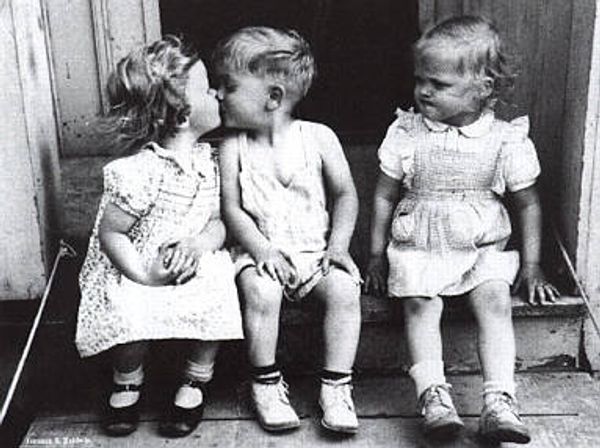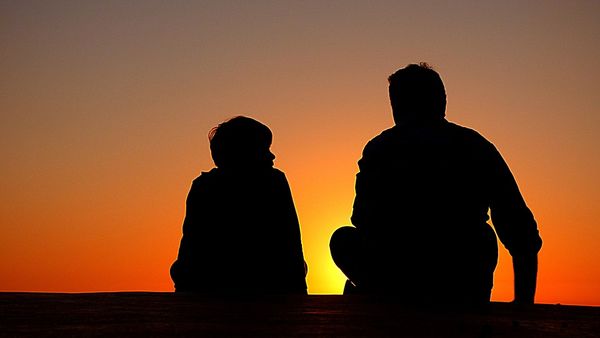Millennials were raised in a society that recycles. Since I was a child, I don't remember a time where there wasn't a blue bin in my classroom, or my family didn't take our plastic in a separate bin to the curb. Yes, it certainly seems that we've normalized recycling into our daily habits— but has it ever truly been explained where our plastic goes?
When people think of recycling, they picture throwing a water bottle into one of those omnipresent blue bins— but that isn't actually recycling. Setting aside the instances where people throw out their trash in the recycling bin, therein damning all that recyclable material to the trash; what happens when our water bottles make it to the recycling plant?
True recycling would imply that the plastic is melted down and repurposed into a product of equal quality. Maybe more water bottles (which I always pictured) or some other plastic container. Due to the inherent properties of plastic, however, this production of plastic of equal standard is not the case. Unlike glass, plastic lowers in quality each time it is repurposed. The plastic from a water bottle will most likely be used for "doormats, textiles, and plastic lumber." That's why high-end products made from recycled water bottle plastic, like the "Bottle Pen" (pictured below), are so outspoken about the materials used. They are outrageously expensive and are of lower quality.

Imagine if the bottle pen didn't look like a disposable bottle. Consumers would see the large price as laughable, and the product would never sell. In case you're unfamiliar with the bottle pen which seems to permeate the register ails of most office supplies stores, it's priced at 17 dollars on Amazon.com. At a Staples, it's probably 20 dollars. For one pen. In a market where a bag of twenty pens is a dollar at Dollar Tree. The price isn't because people just really like pens that look like water bottles— it's because the company is banking on the idea that their target consumers already know how expensive and difficult it is to reuse recycled plastic and are individuals who want to encourage that behavior in the market.
Yet, every year in the United States alone, over 300,000 tons of plastic is produced. Plastic, which is the best (as well as unlikely) case scenario, will be recycled into a 20 dollar pen or doormat.
Since producing new plastic is so much cheaper and more widely consumed than downcycled plastic, companies recklessly introduce several hundred thousand tons of plastic per year. By purchasing drinks in single-use bottles or failing to bring a reusable bag to the supermarket, we are unknowingly perpetuating a system unregulated in its plastic production. Although these decisions seem small and insignificant on the surface, each of these purchases is actually an answer to the question all companies put out:
"Will you buy me?"
"Will you buy my single-use plastic that is collapsing the earth's ecosystems?"
"Will you buy this plastic that will make the world unsafe for your grandchildren?"
Seemingly, the answer is a resounding "yes." The "yes" is in the moments when buying a water bottle and you shrug to yourself thinking somewhere along the lines that "this decision is too small to make a difference." The "yes" is in the moments when we reason that we're still proactive because we'll recycle the water bottle anyway.
But it's not so simple.
As explored in the meat of this article, a plastic bottle isn't just recycled since this material inevitably reaches a point where it can't be recycled anymore and is thrown out (you don't recycle your doormat, do you?). So, as a society, we should not only recycle our plastic, but limit the amount we use. Perhaps with enough effort and intention, our children will grow up in a society frugal and conscious with its plastic use in the same way we grew up with those blue bins.



















